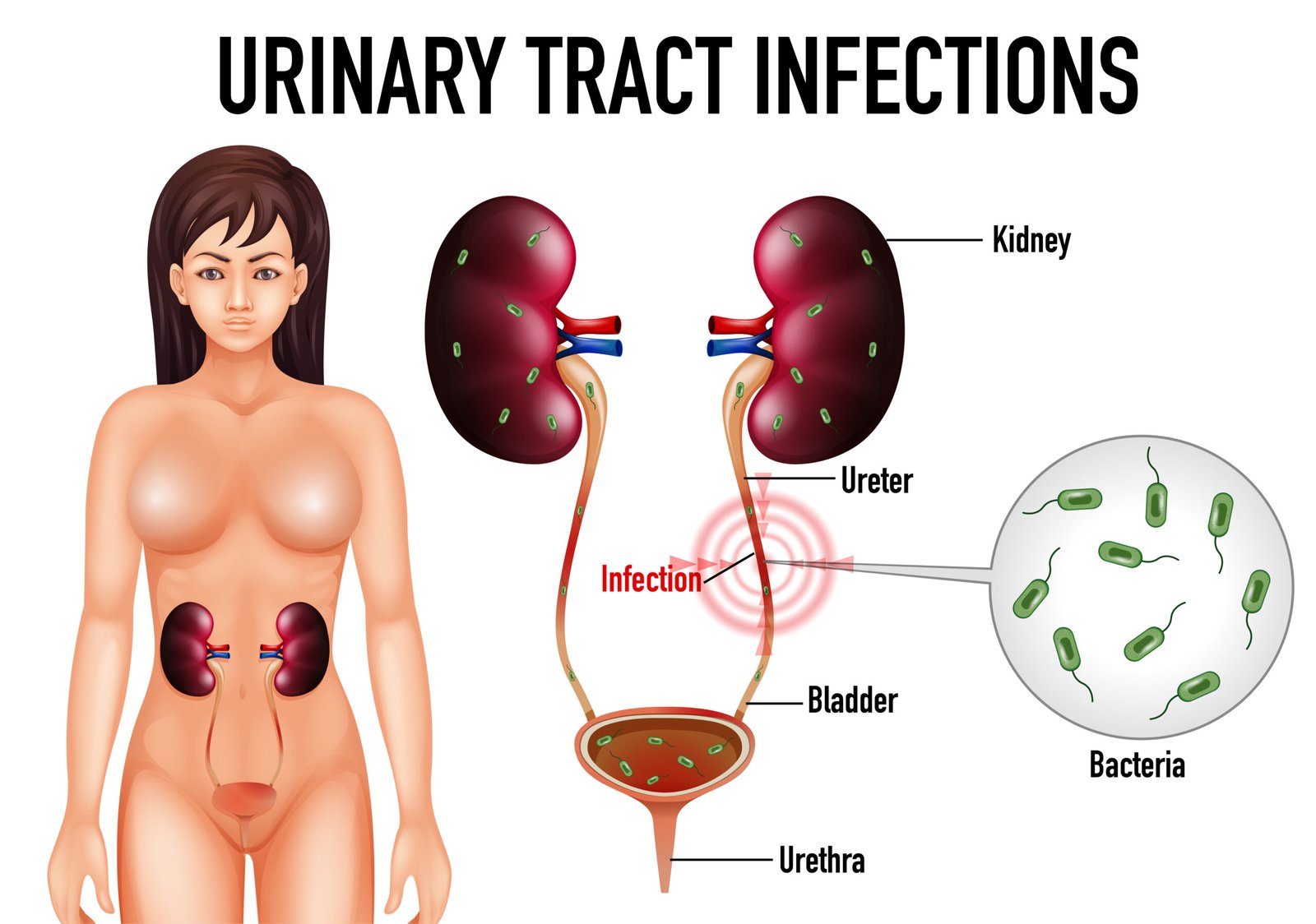Introduction
Happiness is a sine wave of happy life. It propagates from one person to the other, affecting scores of people’s lives. Many times, people have a grey cloud hanging over their heads, and something positive can start a whole ripple effect of positivity. Together with stories, ideas, and suggestions, this article describes how happiness can change a person’s life. It advises readers on becoming happy and spreading it in their environment.
The Science of Happiness
Knowledge of this science of happiness can enable people to develop the necessary skills to create happiness. Research in positive psychology highlights several key factors that contribute to our well-being:
- Gratitude: Thus, it has been found that practicing gratitude can boost our mood and the quality of our lives. Writing in a gratitude journal, or just 60 seconds to ponder what we are grateful for, can go a long way.
- Acts of Kindness: Any goodwill extended to any individual, irrespective of the size of this goodwill, as much as one could fathom; they always welcome it. But in addition to this, it also brings joy to the person extending this goodwill. This illustrates the link to the niceness effect because giving prompts the release of endorphins that give the person or the one receiving the gift a ‘helpers ‘helper’ high.
- Social Connections: Developing membership relationships is a vital factor in life to support ourselves and make us happy. Social contacts with family, friends, and community members provide covering and thus emotionally support the patient.
- Mindfulness and Meditation: Those activities that increase people’s awareness of the present moment, including but not limited to meditating, help lessen stress and increase well-being. Thus, an individual is more attentive to living in the moment and observing life’s small things.
- Physical Activity: Physiological actions have existed for ages as tools that could help improve one’s energy levels and overall state of health. Physical activity takes care of stress, reduces tension, and enables one to do and complete something. Physical activity relieves stress, decreases tension, and helps one accomplish tasks.
Stories of Joy: “It is possible to create waves of happiness so they can eliminate or reduce the negative aspects of his life.”
Tales and other similar literature materials can help motivate, indeed. Here are three heartwarming stories that illustrate how individuals can create wave of happy through their actions:
Story 1: We learn all about the days the Café Owner is not kind.
Maria is a café owner from a small town who wanted to start a “pay it forward” scheme at her café. A woman filled a jar with coins and put it on the counter with a note that said, “Leave a dollar for a stranger’s coffee. “. The response was overwhelming. Those who visited it included families, students, professionals, and businesspersons, and in no time, the café was synonymous with love. People never said anything to each other, and now, they smile, tell tales, and make acquaintances. Maria’s small act had set off a chain, and people were smiling worldwide, not even in her café.
Story 2: Confidence is another gift a teacher provides to their learner.
Mr. Thompson is a high school teacher who singled out one of his pupils, Emma, for low self-esteem. Rather than concentrating on her studies, he now and again spared a few words to reassure her, to tell her she is unique in her particular way and that her abilities are exceptional. He made her responsible for group assignments and commended her on them. The confidence level of Emma increased, and she performed well not only academically but in others as well. After being inspired by Mr. Thompson’s belief in her, she implements a peer-mentoring program to assist other students in discovering their purpose in life.
Story 3: This was the same neighborhood garden reported to have been hijacked by outsiders two months earlier in another paper.
Living in a city block, some people proposed and planned to turn a chunk of land into a garden. They did so by sowing flowers, vegetables, and trees. It turned into a supplier of quality fruits and veggies, fresh and beautiful, and the pride of the neighborhood. Every age represented in the community participated in maintaining the garden, where they also exchanged information, jokes, and other stuff. Apart from beautifying the worshiping spaces, the project also wanted to increase the level of social belongingness among the congregation members.
Practical Tips for Spreading Happiness
- Smile More: Smiles can be easily caught, like a virus. It can make one smile and help one relate with the other person immediately. Force yourself to smile more often, even to persons they may not know.
- Express Gratitude: It means to dedicate an hour in a day and give a thank you to someone or mention something to be thankful for. It could be a simple reminder on a ‘post it note,’ a phone call, or even a thank you message. It’s a bit of magic and benefits the one doing the showing and the receiver.
- Practice Active Listening: Specifically, attempt to be concerned with persons, what they are doing or saying, or how they feel. It can help make people feel valued and appreciated and strengthen client relationships.
- Volunteer Your Time: Concern yourself with causes you have passion for, and then offer your services. Of course, helping people is a means of changing others’ lives for the better and finding one’s own purpose at the same time.
- Create Positive Habits: Adopt correct principles in your everyday activities. This could be as simple as waking from bed to get some quiet time, or going out to spend some time with nature. The idea is that the authors assert that positive behaviors produce positive effects that can revise the overall ratings of happiness.
- Share Positive Stories: In a world where everyday news brings along bitter reports, sharing good stories might help others to be encouraged to do good deeds. Pass positive messages using social media, newsletters, or word of mouth.
- Offer Help and Support: Do not ignore distressed ones and show them love and solidarity.
The Ripple Effect of Happiness
There is always more that can be spread than just happiness; these are sometimes truer than they are apparent. Every act of kindness and every moment of joy can carry over, affecting not only the direct receivers but also those people in the surrounding environment. Here are some ways the ripple effect of happiness can manifest:

- Improved Mental Health: Being happy and positive has health benefits that counter stress, anxiety, and, in some cases, depression. Thus, joy is not frivolous since it assists in creating a healthier and stronger society.
- Increased Productivity: Happy people work better; they are more creative. Positive mental health is observable in the workplace and makes a workplace more productive, creative, and successful.
- Strengthened Relationships: Mutual good relations build a positive circle of individuals, enhancing their ability to overcome tough times.
- Community Cohesion: This can be achieved by cultivating positive interpersonal relationships through positive interaction within the community, thus creating unity and cooperation.
- Enhanced Global Awareness: These are the moments when people open themselves, and the world around them becomes closer and more understandable. Such awareness can create international activism on peace, justice, and sustainability, as seen with organizations like Greenpeace.
Conclusion
Even though the world entails so many problems and the overall picture is somewhat gloomy, it is crucial to turn to happiness. We all possess the power to infect others with waves of joy, able to change the lives of people and communities. Thus, by realizing that there is a science of happiness, telling and reading each other happy stories, and being kind, we can become those beacons of positive energy. I do not wish domestic happiness only for myself but for every person around me, understanding that each smile, each kind word, and each act of generosity can turn into a message carried by the waves that no one can predict. Hand in hand, we can make a wave of happy for the world so that people will be smiling and happy worldwide, as well as individuals with the mentality of kindness all around the globe.








